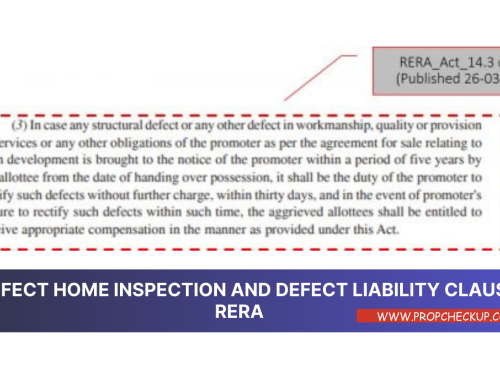Most homeowners will go for an inspection to make sure their home is in good repair before they put their money on the house. At some places, it is a necessity that needs to be met. It is a fairly new thing these days, though, because the real estate market has begun to bottom out, and it is necessary to keep track of the properties before moving in. Since home inspections have become more of a trend in recent years, it is important to understand every little aspect of home inspection.
Let’s go around some questions to seek the necessary answers:
-
What Does a Home Inspection Process Cover?
If you’re a new homeowner, you require to know why a home inspection is important. This is important because it can prevent you from buying a home with issues that could be costly for you in the long run. A home inspection can also help you determine how much you should pay for a house.
You require a home inspection before buying a house to know for sure how well the home is built. You need to know if structural defects, damages, or mold and mildew issues can be potentially hazardous to you or your family. If you don’t have a home inspection, you may not know what kinds of repairs you should make, where they should be made, and how much the cost will be. It helps you know if you are getting the home that is right for you or not.
-
Why Do You Need a Home Inspection?
A home inspection isn’t just about finding problems or defects. It’s also about investigating the quality of the building itself. A lot of times, buyers think that that the house is definitely in good shape. However, if the buyer had gone into the house blindfolded without knowing what to look for, then there remains a pretty good chance that the house’s condition was significantly worse than what was first noticed. So, you should not only opt for a home inspection but also understand what it covers.
A home inspection process covers any problems that may be found in the home. However, those are generally not structural or major concerns. Problems with the foundation, plumbing, electric, heating system, slopping defects, and even water damage would fall under a home inspection process category.
-
What Remain the Biggest Red Flags in a Home Inspection?
When it comes to the biggest red flags in a home inspection, one of the biggest is the many issues with foundation failing, which can be a sign of many more problems. Foundation failure can indicate many different things, such as the state of your foundation or problems with your foundation leading to leaks and cracks.
Another red flag comprises structural defects in a home. Sometimes, these are usually easily fixed, but many homeowners do not want to mess with fixing them, so they ignore them and hope that they will go away. The fact is that they do not, and you should always address these problems as soon as possible.
-
How Long a Home Inspection Process Takes?
There are many different ways to look at how long a home inspection process takes. The time can vary from one inspector to another. The actual time frame can get longer or shorter based on a few different factors. For example, it may be necessary to perform a more thorough inspection if it is an older home.
Depending on the age of your property and its condition, there could be more than one inspection to perform. If the home inspection process is being used to sell your home, this is important to know. Most buyers want to know as much as possible about the home that they are buying before making a purchase. While a home inspection may not be very detailed, it can give a buyer some insight into how well the home has been maintained and what needs to be done to continue that quality. Typically, it does take two to three hours for a 1BHK apartment to be inspected.
Endnotes
Now that you’ve known all the basic questions related to the home inspection process; buck up and book a professional home inspector now.






